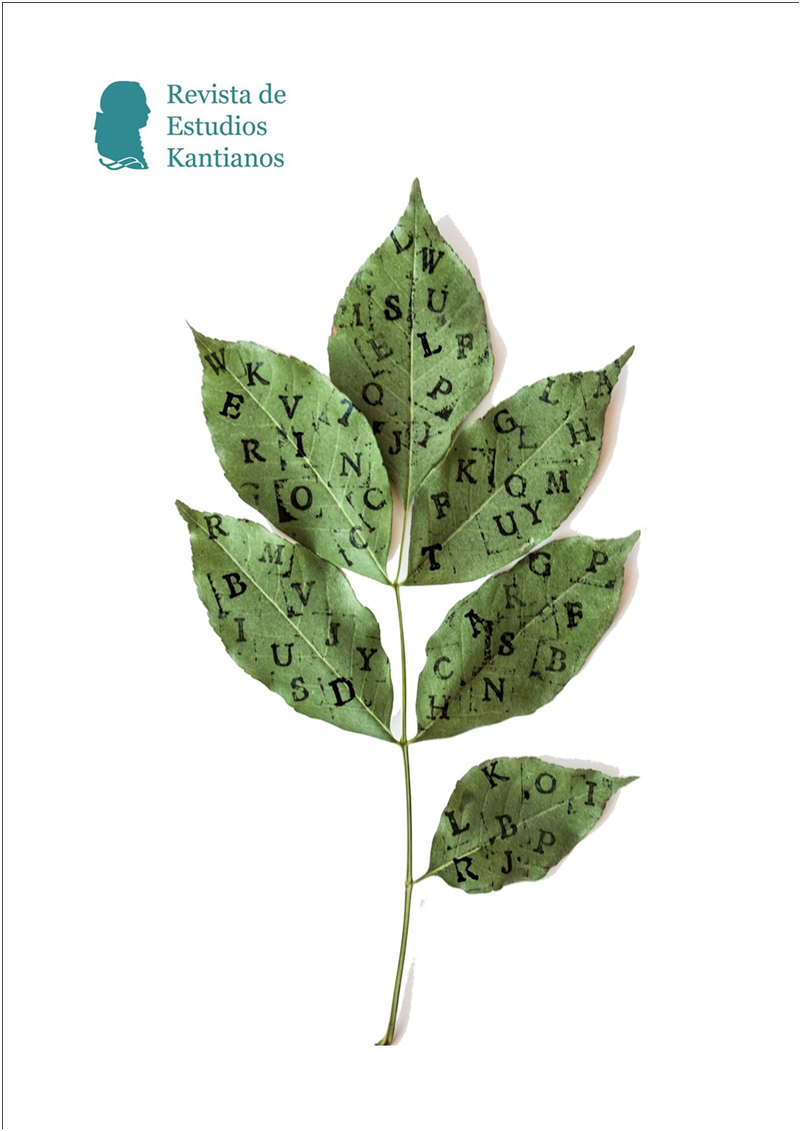The Principle of the Transcendental Deduction. The First Section of the Deduction of the Pure Concepts of the Understanding
DOI:
https://doi.org/10.7203/REK.4.1.14339 Abstract
Abstract
This paper considers the transcendental deduction of the categories from a specific point of view: the First Section of the Deduction of the Pure Concepts of the Understanding. In this passage, Kant not only explores the task and the method of the transcendental deduction, in form of the principle of the transcendental deduction, but also implements it. The subsequent section(s) of the deduction proceed(s) to build on the argument, and do(es) so in different ways in the A- and the B-deduction. Accordingly, the principle of the transcendental deduction has a crucial function for the entire deduction because it builds a transition between the first and the following section(s) in which Kant constantly refers to it.
 Downloads
Downloads
Downloads
Published
How to Cite
-
Abstract472
-
PDF (Español)387
Issue
Section
License
![]()
The authors who publish in this journal agree with the following terms:
- The authors retain their copyright and guarantee to the journal the right to be the first to publish the work and to license it under a Creative Commons Attribution License that allows others to share the work with an acknowledgement of its authorship and the initial publication in this journal.
- Authors may separately establish additional agreements for non-exclusive distribution of the version of the work published in the journal (for example, placing it in an institutional repository or publishing it in a book), with acknowledgement of its initial publication in this journal.
- Authors are allowed and encouraged to disseminate their work electronically (e.g., in institutional repositories or on their own website) before and during the submission process, as this can lead to productive exchanges as well as earlier and greater citation of published work (see The Effect of Open Access).








